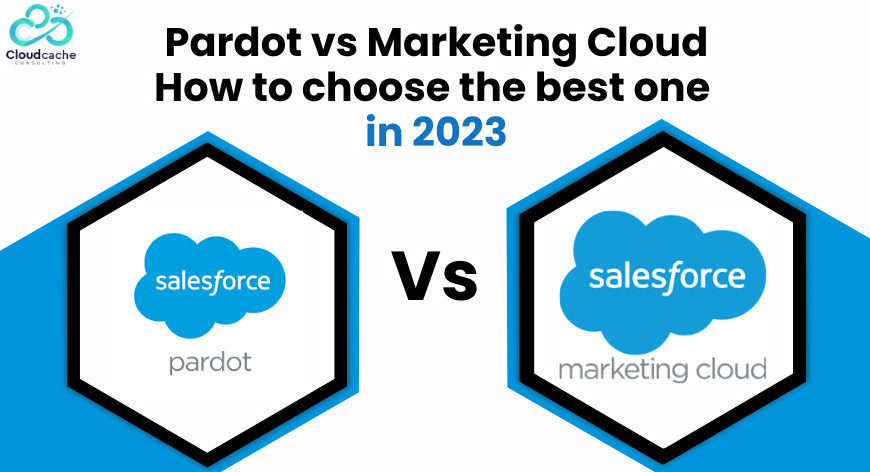
Pardot vs Marketing Cloud. How To Choose The Best One In 2023
The fast-changing world of the marketing automation industry is poised for substantial growth, as a report from MarketsandMarkets indicates. Projections reveal a remarkable surge from $5.2 billion in 2022 to an estimated $9.5 billion by 2027, propelled by a robust Compound Annual Growth Rate (CAGR) of 12.8%. Pardot and Marketing Cloud are two major products in this sector, offering indispensable automation tools. These platforms streamline marketing processes, enhancing customer engagement, lead generation, and campaign management. As the industry continues to evolve, the ascendancy of marketing automation tools like Pardot and Marketing Cloud underscores their pivotal role in shaping the future of marketing strategies.
Pardot and Salesforce Marketing Cloud share numerous similarities. They both function as marketing automation and digital analytics platforms and are both under the ownership of Salesforce. Adding to the complexity, in 2022, Salesforce introduced a twist by rebranding Pardot as 'Marketing Cloud Account Engagement' and Salesforce Marketing Cloud as 'Marketing Cloud Engagement', contributing an additional layer of intricacy for newcomers entering the ecosystem.
Before delving into the nuances of features, merits, drawbacks, and parallels and distinctions between these two offerings, it's crucial to pinpoint the unique characteristics of your business that will serve as guiding lights during your decision-making journey. You can anchor your considerations around the following queries:
- Is your business primarily focused on B2B or B2C interactions?
- How extensive is your business, and what extent of customer information do you manage?
- What is the nature of your sales cycles?
- Do your transactions tend to culminate in physical stores, online platforms, or through sales teams?
- Which communication channels are pivotal for your marketing strategy?
- Do you have a Customer Relationship Management (CRM) system?
With these insights, you'll better understand the principal disparities between Pardot and Marketing Cloud.
Understanding Pardot and Marketing Cloud Account Engagement:
Marketing Cloud Account Engagement, a constituent of the Salesforce Marketing Cloud suite, furnishes marketing teams with the tools to tailor communications for customers, responding adeptly to their distinct needs across every phase of the purchase journey. It extends detailed campaign analysis, facilitating strategic adjustments for enhanced efficiency and return on investment.
Noteworthy attributes encompassed by this platform are:
- A dedicated focus on B2B-oriented marketing automation.
- An intuitive and user-friendly email marketing editor, enabling template creation, upload, or selection from various pre-designed templates.
- Comprehensive Return on Investment (ROI) reporting, augmented by predictive analysis through B2B Marketing Analytics Plus, affording deeper insights into campaign impact on revenue.
- Effortless and efficient lead management, encompassing automated scoring, grading, tracking, and nurturing processes. Notifications for active potential customers can also be configured.
- Support for account-based marketing strategies, harmonizing efforts between sales and marketing to pinpoint valuable accounts, tailor content, and foster enduring relationships.
Exploring Marketing Cloud:
Marketing Cloud emerges as a robust digital marketing platform, facilitating the creation, execution, and measurement of multi-channel marketing campaigns spanning email, social media, online advertising, and text messages. This solution integrates prospect and lead management, marketing automation, and data analysis to elevate campaign performance.
Key attributes that define Marketing Cloud include:
- A comprehensive suite of cutting-edge tools tailored for impactful B2C engagements. Email Studio, Journey Builder, Mobile Studio, Marketing Cloud Advertising, Content Management, and Marketing Cloud Personalization constitute some of its notable components.
- High configurability, permitting modular deployment in alignment with your specific marketing prerequisites.
- Real-time data aggregation from diverse sources, encompassing CRM, sales points, and all customer touchpoints.
- Operating as a robust data repository, Marketing Cloud centralizes customer information.
- Maximizing utilization of allocated marketing campaign budgets, with documented reductions in customer acquisition costs.
Selecting Between Pardot and Marketing Cloud: Noteworthy Differences
To distill the principal disparities between Pardot and Marketing Cloud, consider the following key points:
B2B vs B2C Focus:
- Pardot is predominantly tailored for B2B marketing automation, while Marketing Cloud Engagement finds its strength in B2C scenarios.
- Pardot excels in marketing and sales alignment, lead management, automated actions, and campaigns suited for businesses with intricate sales cycles.
- Marketing Cloud Engagement shines in social media marketing, advertising, and SMS campaigns, catering to B2C brands communicating via these channels.
Platform Capabilities:
- Pardot is primarily oriented towards email marketing and nurture strategies.
- Marketing Cloud Engagement extends its functionality to encompass Advertising and Mobile Studio, offering diverse marketing avenues.
Integration and Alignment:
- Pardot seamlessly integrates with Sales Cloud, fostering enhanced marketing and sales collaboration.
- Marketing Cloud Engagement empowers personalized 1:1 customer journeys across various channels.
While these platforms target different ideal audiences, neither is inherently superior. Their utility and pricing diverge significantly, contributing to their distinctive use cases.
Considering Pardot vs Marketing Cloud for Your Business Needs:
B2B vs B2C Consideration:
- Pardot stands out as the clear choice for B2B marketing automation, offering expertise in marketing-sales strategy, lead management, and targeted campaigns.
- Marketing Cloud Engagement excels in social media marketing, advertising, and SMS campaigns, catering to B2C brands' communication preferences.
Marketing Cloud Engagement's Versatility:
- Marketing Cloud Engagement boasts diverse modules, such as Email Studio, MobileConnect, Social Studio, Advertising, and Journey Builder, for comprehensive cross-channel marketing.
- The platform efficiently schedules and automates social and mobile activities.
Pardot's Lead Management and Nurture:
- Pardot suits businesses with extended sales cycles, sales team-driven deals, high-value products/services, and account-based marketing strategies.
- Pardot's advanced lead nurturing capabilities leverage personalized drip campaigns based on website behaviour and interactions.
Sales Enablement:
- Pardot facilitates the seamless transfer of lead information to sales teams, enabling context-rich conversations and tailored proposals.
Choosing the Best Fit for Your Business:
Use Case Focus:
- Marketing Cloud Engagement suits businesses seeking seamless engagement with numerous customers across multiple channels, making it valuable for retail and FMCG industries.
- Pardot is optimal for bridging the sales-marketing gap, nurturing leads over long-term sales cycles, and empowering sales teams with contextual insights.
Integration and Complexity:
- Both platforms integrate with Sales Cloud, with Pardot offering a more straightforward out-of-the-box linkage.
Price Evaluation:
- Budget considerations play a significant role, as Marketing Cloud Engagement often carries a higher overall cost due to modular subscription structures.
- Pardot's pricing is based on editions, with some add-ons available at additional costs.
Ultimately, hiring a Salesforce Consultants Like CloudCache Consulting results in a big help in making such decisions. It also results in time savings and cost-effectiveness. Check out our past work in Upwork. We have a rich library of Salesforce Professional resources to help our clients. Contact us today.

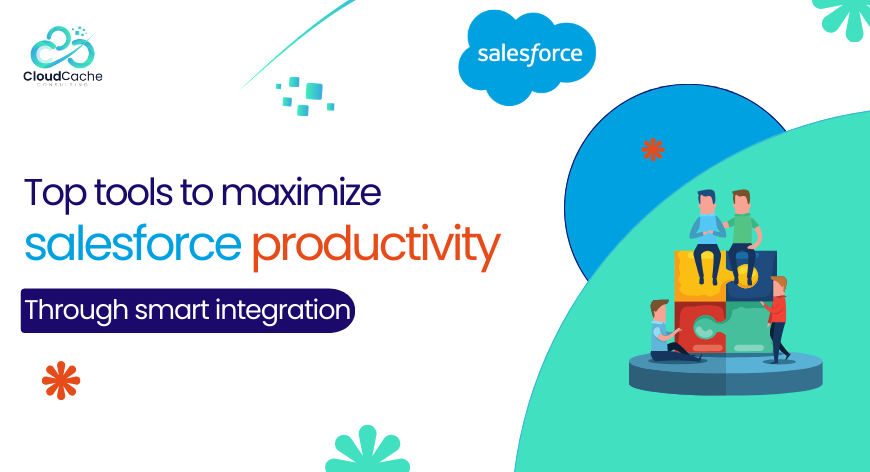
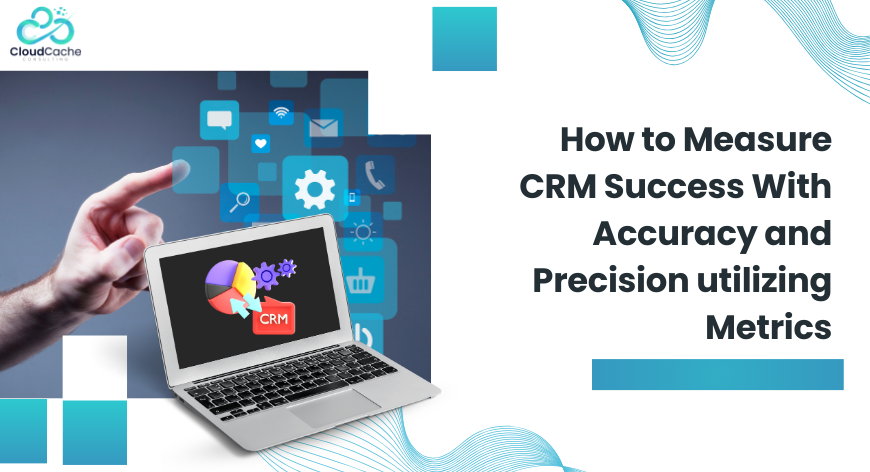
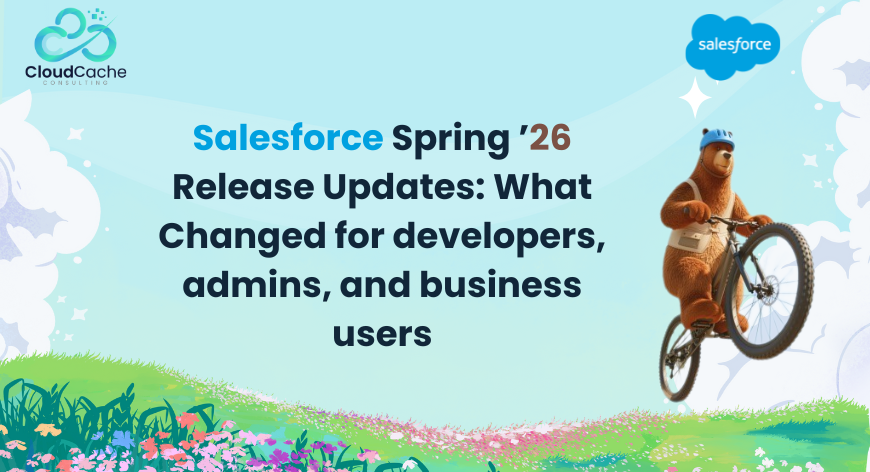


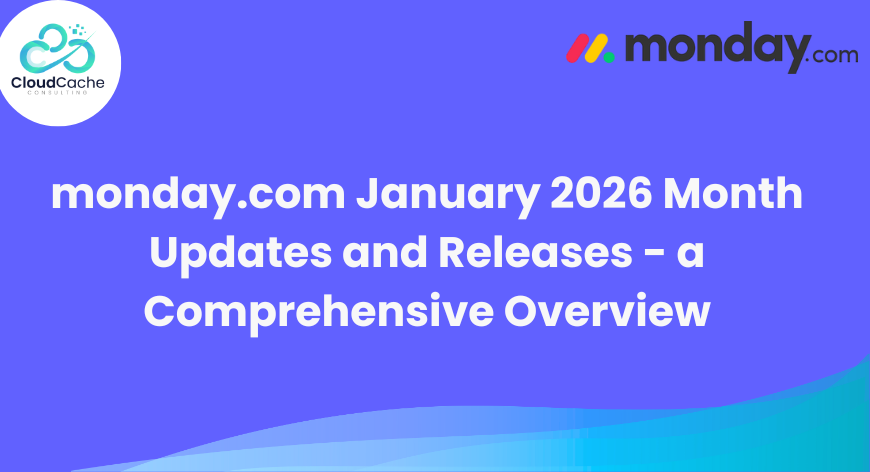

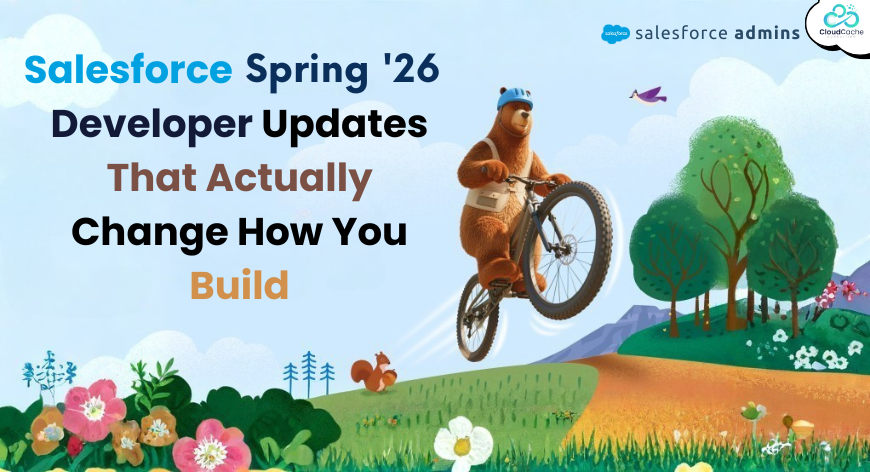
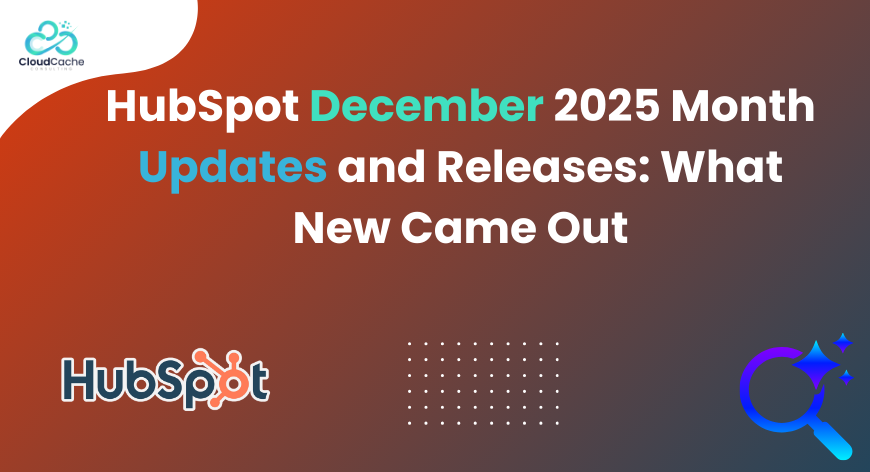

Leave a Reply
Your email address will not be published.